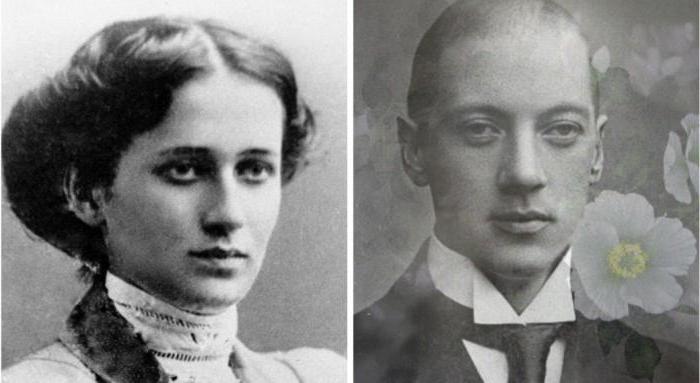Nikolai Gumilev is considered one of the most prominent representatives of the Russian poetic community, attributed to the so-called Silver Age.
At the beginning of the last century, he released the collection "Pearls", which earned the highest ratings and flattering reviews from such venerable brothers in the creative workshop as Annensky, Bryusov, Ivanov. An analysis of the poem "Evening" by Gumilyov will allow a more complete understanding of the techniques that aroused such admiration.
Collection "Pearls"
Gumilyov considered the pearls to be one of his favorite stones, therefore it is not surprising that he seemed to string the names of the sections of the new poetry collection on a silk thread, collecting a precious necklace - "Pink pearls," Pearl gray "... It was in the" Pearl gray " Gumilyov’s poem "Evening", written by him in 1908.
Literary analysis of the poem by Nikolai Gumilyov "Evening"
In the poem, the poet, as key figures, brings to us "unnecessary day" and "lady" - night. Evenings as such, it seems, are not visible, but there is a confusion of the soul, a kind of prenatal languor, expectation. The description of the evening is metaphorical enough, it conveys just the vague torment of a certain lyrical hero, inextricable ties associated precisely with the night, striving with all the forces of the heart to it. And the premonition of unsteady happiness that night should give, reminds us that it is possible only in a dream. Hence the bitter characteristic of the day - "magnificent and unnecessary." I would especially like to draw attention to the poet’s desire to dress the soul with a “pearl robe”. It should be noted that clothing, especially unusual, magnificent or ritual, always plays a special role, it suffices to recall other poems by Gumilyov.

The analysis of “Evenings” confirms this observation: the robe for its intended purpose is ritual clothing used exclusively by clergymen or angels and archangels. Putting on a mysterious night (the image of a feminine one!) A robe, Gumilev actually lifts it on a pedestal, makes it an object of worship and gives a kind of reference to the gods and heroes of Ancient Greece or Ancient Rome, directly pointing to the "victorious step of sandals", which cannot be obey. The whole creation is literally riddled with lyric-pessimistic notes, which are attracted by almost all the researchers who made an analysis of the poem "Evening" by Gumilyov. Naturally, there immediately appear attempts to draw some parallels with the events taking shape at that moment in the poet’s daily life.
Relations with A. Akhmatova
As the main reason for such a pessimistic attitude towards the world, which is reflected in the poem "Evening", some literary scholars cite the complexity and inconsistency of the relationship between Gumilyov and Anna Akhmatova.

By 1908, the poet had already repeatedly married to Anna Andreevna, receiving refusals in response. The general depression, born of the setbacks, even led to the suicide attempts of the poet. One of them was even tragic in its way, when Gumilyov, who was in France at that time, tried to drown himself. High-conscious Frenchmen, mistaking Gumilyov for a tramp, immediately called for a police outfit that pulled out a frustrated genius from the water. In November 1909, Akhmatova nevertheless agreed to marriage, accepting her future husband not as love, but as fate. At the ceremony of the marriage, the poet’s relatives were not, because they simply did not believe in her. And soon Gumilyov lost interest in his young beautiful wife and spent most of his time traveling.
Reader's analysis of the poem "Evening" by Gumilyov
Silver age literature came to the general reader only at the end of the last century, when it began to be included in the school curriculum on literature. In the lessons, children were introduced to the most famous representatives of the poetic community and sorted out some typical works. "Evening" was usually among them. The analysis of compositional features (five verses, the predominance of male rhymes, four-foot iambic, etc.), reminiscent of a peculiar dissection of the poetic work of unusual beauty and sound, is softened by the majority of teachers by a proposal to share your impressions of Gumilyov’s poem "Evening". And the children share and memorize the lines, marvelous in sounding:
Silence flies from the stars
The moon shines - your wrist
And again, in a dream I was given
Promised Country -
Long-mourned happiness.
Read Gumilyov!